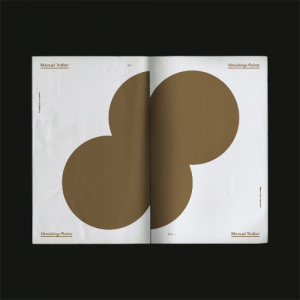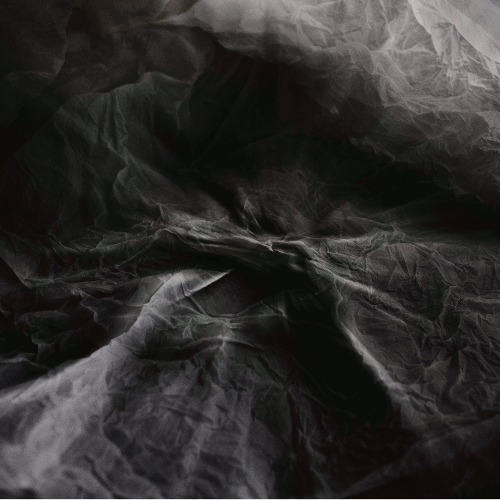 Swiss musician Manuel Troller has tried to shy away from performing solo, generally acting as collaborator with a wide variety of more esoteric artists, including Julian Sartorius and Merz. Having been asked three years ago to support Marc Ribot at a jazz club in Bern, circumstances have found him more open to the thought of his own album, and here finally are the fruits of his experiments.
Swiss musician Manuel Troller has tried to shy away from performing solo, generally acting as collaborator with a wide variety of more esoteric artists, including Julian Sartorius and Merz. Having been asked three years ago to support Marc Ribot at a jazz club in Bern, circumstances have found him more open to the thought of his own album, and here finally are the fruits of his experiments.
Incredibly, everything that takes place here is produced from one guitar, played live with no overdubs. Clearly there must be some sort of digital delays and other trickery, but really the pieces reproduced here do sound as though there are plenty of other people involved and other instruments.
The quick vibrato tones of opener “Hologram” join sweetly with resonant harmonics that drift across a simple circular motif. Already, it sounds as though there are three guitars at play, but also feels like the meeting of two worlds, with the plaintive tone of the traditional guitar overlaying the digitally-enhanced sounds of tomorrow’s guitar playing. The tones hide behind modern masks and disguised sounds, seeing if they can pass for one thing when really they are something else.
Although the album is made up of six tracks, the second track (the eighteen-minute “Wormhole”) feels as if it is the one around which the album is based. An endlessly echoing repetitive motif is produced with bluff, rubbery-sounding strings. This is the train-like rhythm that underpins the whole thing and over which the cleaner, more resonant chords are placed reverentially. The sensation of a train travelling through narrow passes, then bursting across bridges and through open spaces where the sound has the opportunity to spread out across the vast vista is irresistible. That crisp, clean sound is the variation that keeps the piece alive and there is a joyous sense of momentum, the ringing as the strings are struck fresh like mountain air. I keep feeling a touch of Gastr Del Sol here and there, and at one point where the train appears to enter a tunnel and the tones all change, you would swear that it was woodblocks being struck, not guitar strings. Inevitably, this section begins to lose steam and starts to vanish into the distance, leaving behind a kind of Western motif that sees the track out. It is one of those tracks that you would expect to appear at the end of an album, such is the grandeur of its vision and the difficulty of following it, but the range of ideas here is such that the next track, a rhythmless, spectral mist of drone interspersed with the dirty sound of busted pick-ups and loose leads, is a breath of completely different air. Scrappy notes are plucked out seemingly at random, but apparently building towards some theme that must be only in Manuel’s head and needs about half an hour to make itself fully apparent. Sadly, there are only five and a half minutes of this.Although the press release suggests that Manuel is not a sound scientist, the footstep effect and digital manipulation of “As Long As You Do What They Say” shows somebody who is intent on exploring the far reaches of what the guitar can accomplish. A rhythm of sorts is constructed from snippets of manipulated sound in a kind of collage which ends with a digital raspberry, which could be a comment on the stuffiness of some of the guitar brigade or just something that sounded perfect for the moment. The more percussive “Untitled #3” sounds more like drumming on wine glasses and some sort of marimba than guitar playing, and leads into the lovely and rather lulling chordal selection of the title track. This final leg of an extraordinary journey is almost a reversion to what might have been expected at the beginning of the album. Manuel can play the guitar without any trickery and can do so beautifully but he no longer really needs to. I guess that you don’t want to lose sight of the starting point of these sonic adventures and for the three and a half minutes this peaceful progression settles us back down to earth.
-Mr Olivetti-



